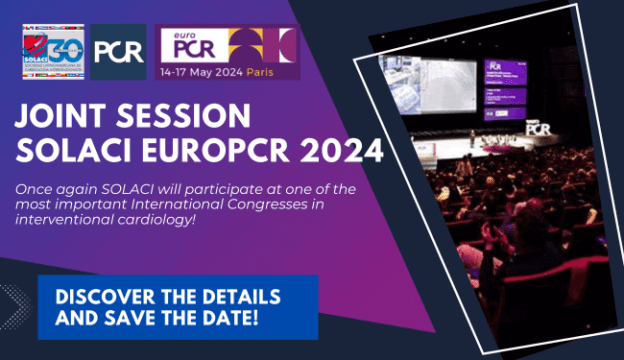Low-dose colchicine seems to reduce the risk for new cardiovascular events in patients with a history of infarction.

This drug is usually indicated for anti-inflammatory therapy in gout and pericarditis. Now, it could also reduce the rate of ischemic events as secondary prevention according to the COLCOT trial presented during the American Heart Association (AHA) Congress Scientific Sessions and simultaneously published in NEJM. COLCOT reinforces the evidence on the role of anti-inflammatory therapy in atherosclerosis and its complications, allowing for the potential inclusion of colchicine in the drug cocktail administered after an acute myocardial infarction.
COLCOT randomized 4745 patients (mean age 60.6 years old; 19.2% women) in 12 countries to low-dose colchicine (0.5 mg once a day) vs. placebo. Patients enrolled at a mean of 13.5 days after infarction, and 93% underwent angioplasty.
The primary endpoint was a composite of death from cardiovascular causes, resuscitated cardiac arrest, infarction, stroke, and rehospitalization for angina requiring revascularization.
After almost two years of follow-up, patients who received colchicine experienced significantly less events than those who received placebo (5.5% vs 7.1%; hazard ratio [HR]: 0.77; 95% confidence interval [CI]: 0.61-0.96).
The reduction in the combined endpoint was driven by lower rates of stroke (HR: 0.26; 95% CI: 0.10-0.70) and lower rates of emergency revascularization (HR: 0.50; 95% CI: 0.31-0.81). All other endpoint components, including death and infarction, were similar.
What comes next is the COLCOT-T2D trial, which aims to enroll 10,000 type 2 diabetes patients without a history of coronary disease.
Original Title: Efficacy and safety of low-dose colchicine after myocardial infarction.
Reference: Tardif J-C. Presentado en el congreso de la AHA 2019 y publicado simultáneamente en N Engl J Med. 2019; Epub ahead of print.
Get the latest scientific articles on interventional cardiologySubscribe to our weekly newsletter
We are interested in your opinion. Please, leave your comments, thoughts, questions, etc., below. They will be most welcome.





